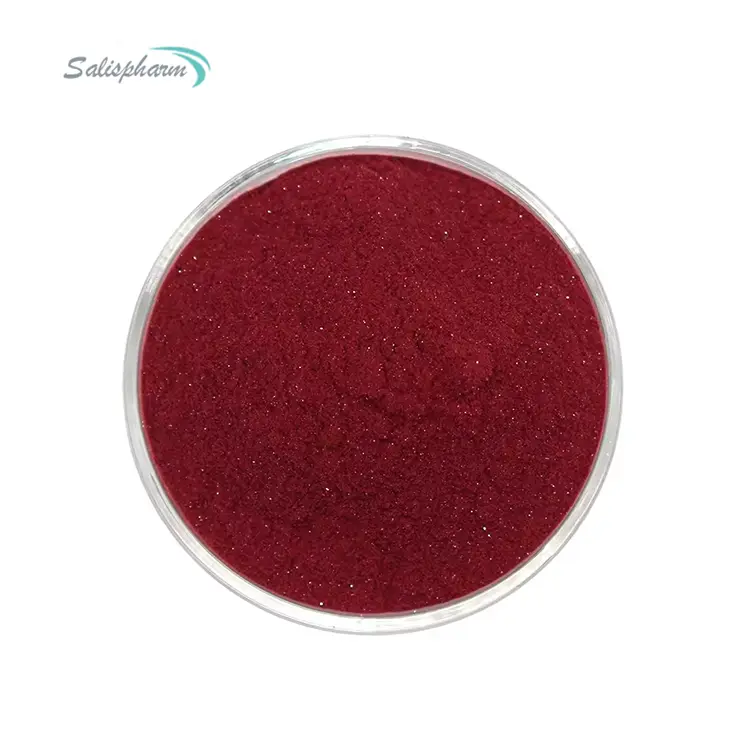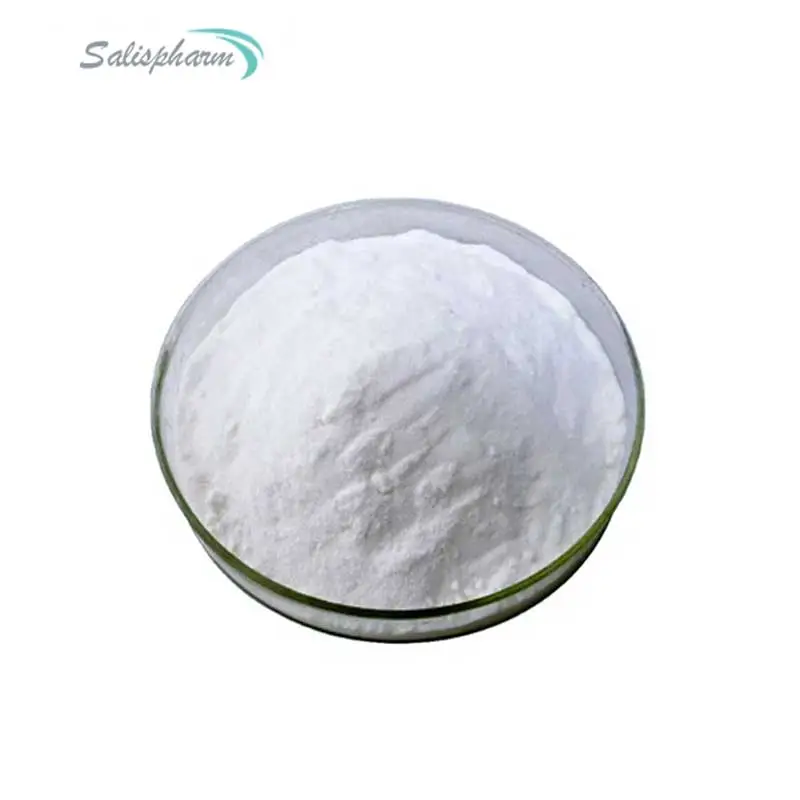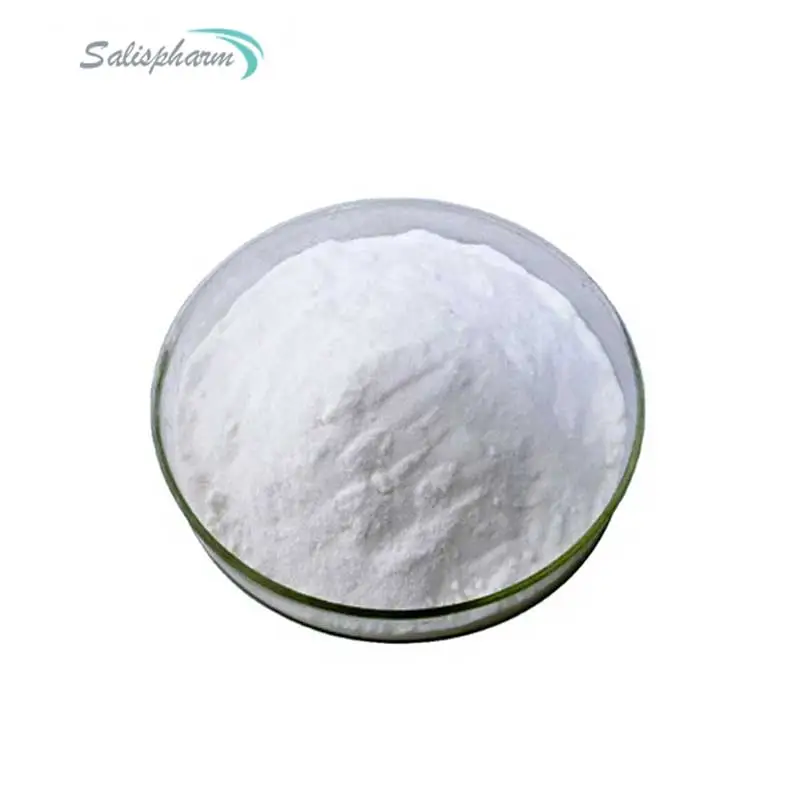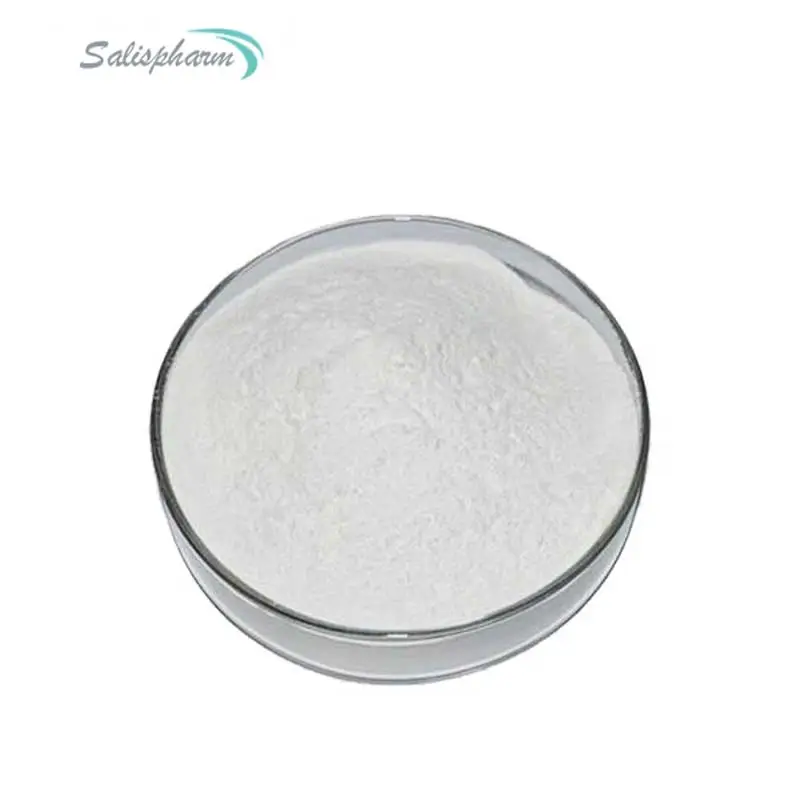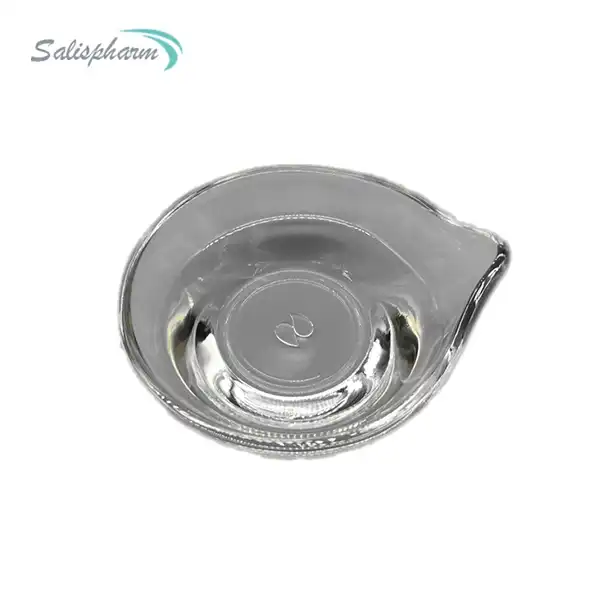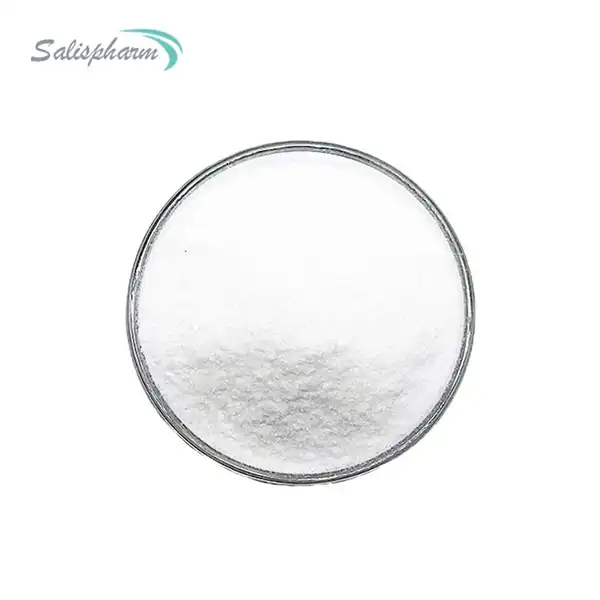Vertigo, a disorienting sensation of spinning or rocking, can significantly impact a person's quality of life. This condition affects millions worldwide, with estimates suggesting that about 40% of adults experience vertigo at least once in their lifetime [1]. For those seeking relief, various treatments exist, including medications like Stugeron, which is commonly known as Betahistine. However, Stugeron is typically available in tablet form, and the question arises whether Stugeron powder can be used as an alternative for vertigo. This article will explore the use of Stugeron powder for vertigo, its safety, efficacy, and potential interactions with other medications.
What Is Stugeron Powder and How Does It Relate to Vertigo Treatment?
Stugeron, or Betahistine, is a medication that is used to treat vertigo associated with Ménière's disease. It is thought to work by improving blood flow to the inner ear, thus reducing the symptoms of vertigo. Betahistine is a histamine analogue that acts as a weak H1 receptor agonist and a strong H3 receptor antagonist [2]. This dual action is believed to enhance histamine synthesis and release in the histaminergic neurons, leading to improved microcirculation in the inner ear.
While Stugeron is most commonly found in tablet form, some individuals may inquire about a powder form for various reasons, such as ease of ingestion or potential differences in bioavailability. The concept of using powdered medications is not new in pharmaceutical practice. Some drugs are available in powder form for reconstitution or for patients who have difficulty swallowing tablets. However, it's important to note that not all medications are suitable or approved for use in powder form.
The potential advantages of a powdered form of Stugeron could include:
1. Faster absorption: Powders generally have a larger surface area, which could lead to quicker dissolution and absorption in the gastrointestinal tract.
2. Dosage flexibility: Powders might allow for more precise dosing, especially for patients who require dose adjustments.
3. Ease of administration: For patients with swallowing difficulties, a powder that can be mixed with liquids or soft foods might be more manageable.
However, these potential benefits must be weighed against the risks and challenges associated with using medications in non-standard forms.
Is Stugeron Powder a Safe and Effective Option for Vertigo Relief?
The safety and effectiveness of Stugeron powder for vertigo would depend on several factors, including the purity of the powder, the dosage, and the individual's medical history. While anecdotal evidence may suggest benefits, clinical studies are needed to confirm the safety and efficacy of Stugeron in powdered form.
Pharmacokinetics and Bioavailability:
The pharmacokinetics of Betahistine in tablet form are well-studied. After oral administration, Betahistine is rapidly and almost completely absorbed from the gastrointestinal tract. Peak plasma concentrations are achieved approximately one hour after intake [3]. However, the pharmacokinetics of a powdered form may differ, potentially affecting the drug's bioavailability and efficacy.
Dosage Considerations:
The standard dosage of Betahistine for vertigo treatment ranges from 24 to 48 mg per day, usually divided into two or three doses [4]. If a powdered form were to be used, ensuring accurate dosing would be crucial. Over- or under-dosing could lead to reduced efficacy or increased side effects.
Potential Risks:
Using Stugeron in a non-standard form may carry several risks:
1. Stability concerns: The stability of the active ingredient in powder form may differ from that in tablet form, potentially affecting its shelf life and efficacy.
2. Contamination risk: Powders are more susceptible to contamination, especially if not handled and stored properly.
3. Absorption variability: The rate and extent of absorption may be more variable with a powder, leading to inconsistent therapeutic effects.
4. Unintended effects: Any excipients or binding agents present in the tablet form may serve important functions that could be lost in a powder form.
It's worth noting that while Betahistine is generally well-tolerated, it can cause side effects such as headache, nausea, and gastric upset in some individuals [5]. These side effects could potentially be exacerbated if the drug's absorption is altered in powder form.
Can Stugeron Powder Interact with Other Medications for Vertigo?
When considering the use of Stugeron powder, it is crucial to evaluate potential interactions with other medications commonly used to treat vertigo. These may include antihistamines, diuretics, and other vasodilators.
Antihistamines:
Many antihistamines, such as meclizine and dimenhydrinate, are used to treat vertigo and motion sickness. Betahistine, being a histamine analogue, could potentially interact with these medications. The combination might lead to either enhanced or diminished effects, depending on the specific antihistamine and its mechanism of action [6].
Diuretics:
Loop diuretics like furosemide are sometimes used in the treatment of Ménière's disease. Betahistine and diuretics both affect fluid balance in the inner ear, and their combination should be monitored carefully to avoid excessive fluid depletion [7].
Vasodilators:
As Betahistine has vasodilatory effects, combining it with other vasodilators could potentially lead to additive effects on blood pressure. Patients with cardiovascular conditions should be particularly cautious [8].
Other Considerations:
Betahistine is contraindicated in patients with pheochromocytoma, a rare tumor of the adrenal glands. It should also be used with caution in patients with peptic ulcer or a history of this condition [9].
The potential for drug interactions underscores the importance of consulting with a healthcare professional before considering the use of Stugeron powder or any off-label use of medications.
Conclusion
The use of Stugeron powder for vertigo is an area that requires careful consideration and further research. While Stugeron in tablet form is a well-established treatment for vertigo, the powdered form's safety and effectiveness have not been thoroughly studied. The potential benefits of a powder form, such as easier administration and possibly faster absorption, must be weighed against the risks of altered bioavailability, dosing inaccuracies, and potential instability of the active ingredient.
Individuals considering this alternative should consult with healthcare professionals to weigh the potential benefits against the risks and to ensure there are no harmful interactions with their current medications. Healthcare providers should be aware of patients' interest in alternative forms of medication and be prepared to discuss the implications of such use.
Until clinical studies are conducted to evaluate the safety and efficacy of Stugeron in powder form, it is advisable to stick to the approved tablet formulations under medical supervision. For patients experiencing difficulty with tablet ingestion, exploring other approved treatment options or discussing alternative administration methods with a healthcare provider would be more prudent.
As research in pharmaceutical sciences continues to advance, new formulations and delivery methods for vertigo medications may emerge. In the meantime, patients should prioritize evidence-based treatments and work closely with their healthcare providers to manage their vertigo symptoms effectively and safely.
If you are also interested in this product and want to know more product details, or want to know about other related products, please feel free to contact iceyqiang@aliyun.com..
References:
[1] Neuhauser, H. K. (2016). The epidemiology of dizziness and vertigo. Handbook of Clinical Neurology, 137, 67-82.
[2] Lacour, M., van de Heyning, P. H., Novotny, M., & Tighilet, B. (2007). Betahistine in the treatment of Ménière's disease. Neuropsychiatric Disease and Treatment, 3(4), 429-440.
[3] Barak, N. (2008). Betahistine: what's new on the agenda?. Expert Opinion on Investigational Drugs, 17(5), 795-804.
[4] James, A. L., & Burton, M. J. (2001). Betahistine for Meniere's disease or syndrome. Cochrane Database of Systematic Reviews, (1).
[5] Strupp, M., Hupert, D., Frenzel, C., Wagner, J., Hahn, A., Jahn, K., ... & Brandt, T. (2008). Long-term prophylactic treatment of attacks of vertigo in Menière's disease—comparison of a high with a low dosage of betahistine in an open trial. Acta Oto-Laryngologica, 128(5), 520-524.
[6] Rascol, O., Hain, T. C., Brefel, C., Benazet, M., Clanet, M., & Montastruc, J. L. (1995). Antivertigo medications and drug-induced vertigo. Drugs, 50(5), 777-791.
[7] Thirlwall, A. S., & Kundu, S. (2006). Diuretics for Ménière's disease or syndrome. Cochrane Database of Systematic Reviews, (3).
[8] Kingma, H., Bonink, M., Meulenbroeks, A., & Konijnenberg, H. (1997). Dose-dependent effect of betahistine on the vestibulo-ocular reflex: a double-blind, placebo controlled study in patients with paroxysmal vertigo. Acta Oto-Laryngologica, 117(5), 641-646.
[9] Strupp, M., & Brandt, T. (2008). Diagnosis and treatment of vertigo and dizziness. Deutsches Ärzteblatt International, 105(10), 173.
[10] Della Pepa, C., Guidetti, G., & Eandi, M. (2006). Betahistine in the treatment of vertiginous syndromes: a meta-analysis. Acta Otorhinolaryngologica Italica, 26(4), 208.



